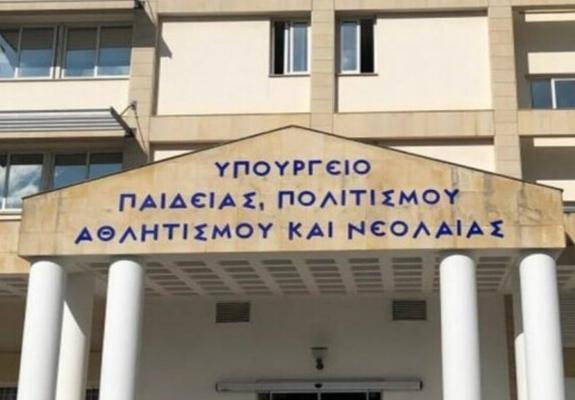Haircuts, Oligarchs, and Bailout Fatigue: The Perfect Storm of 2013 Revisited
How Banks and the State Spiraled into Crisis
In a recent discussion organized by the Cyprus Economic Society titled, "Anatomy of the 2013 Cypriot Economic and Banking Crisis: A Reevaluation of What Really Happened," experts delved into the causes and aftermath of the financial turmoil that rocked Cyprus in 2013.
Mikis Hadjimichael, an economic and financial advisor to the President of the Bank of Cyprus and a former high-ranking official at the International Monetary Fund and the Institute of International Finance, along with Michalis Sarris, who served as the Finance Minister during the early months of 2013 when the bailout memorandum was negotiated, both agreed on one key factor. They believe a vicious cycle had been set in motion: local banks accumulated problematic assets on their books, and simultaneously, the state amassed high deficits and skyrocketing public debt.
Mr. Hadjimichael pointed out that, after a significant credit expansion, the banks had grown to a size up to eight times the GDP of Cyprus. At the same time, the state's public debt shot up from 46% to 80% in a very short timeframe. Adding to these troubles, Cypriot banks began facing challenges due to the crisis in Greece, which later imposed a restructuring of Greek debt and the PSI, costing the Cypriot banking sector approximately €4.5 billion. These issues consequently led to successive downgrades of Cyprus' creditworthiness.
"The real trigger for the crisis was when our credit rating was downgraded to junk status. This happened because the government pursued expansionary policies and seemed to not fully grasp the implications," Hadjimichael said.
He further commented that had an agreement between Cyprus and the Troika been concluded sooner, the situation might have been better. He recalled that Thomas Wieser, then-president of the Eurogroup Working Group, had advised Cypriot authorities well before they requested financial support to seek assistance alongside Spain—a recommendation that went unheeded.
"We missed the boat," lamented Mr. Hadjimichael. He explained that, subsequently, the economic situation in Spain and Italy improved, and the support program with Greece had also concluded."

Michalis Sarris echoed Mr. Hadjimichael's sentiments, agreeing that the primary issue was the "negative cycle between banks and governments, both in precarious positions due to excessive deficits and high debt, rendering them unable to assist each other.
The significant exposure of Cypriot banks to Greek bonds was the most destructive aspect of the banking crisis, more so than non-performing loans, which could have been managed with economic recovery, Mr. Sarris said.
"Investing in Greek bonds was a grave mistake," he added.
Discussing the imposition of a banking "haircut," Mr. Hadzimichael pointed to fatigue among major European countries over bailout packages. The shift in Germany's stance was notable, where their intelligence agencies unveiled deposits made by Russian oligarchs, sparking a reaction from the public. The Greek debt crisis served as a lesson on high borrowing risks. On the other hand, Michalis Sarris noted that the IMF believed Cyprus, with a debt of €17 billion, would not be sustainable.
The former Finance Minister reiterated his past statements that the initial haircut proposal of 6.7% on insured deposits and 9.9% on uninsured ones was a "good outcome", but it was voted down.
Mr. Hadzimichael expressed strong criticisms regarding the handling of the situation by the former President of the Republic, Nikos Anastasiades, referencing Makarios Drousiotis's book, "I Simmoria" ("The Gang").






